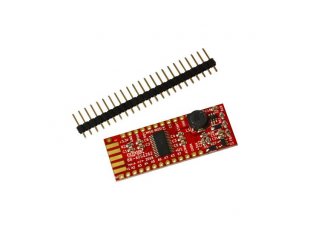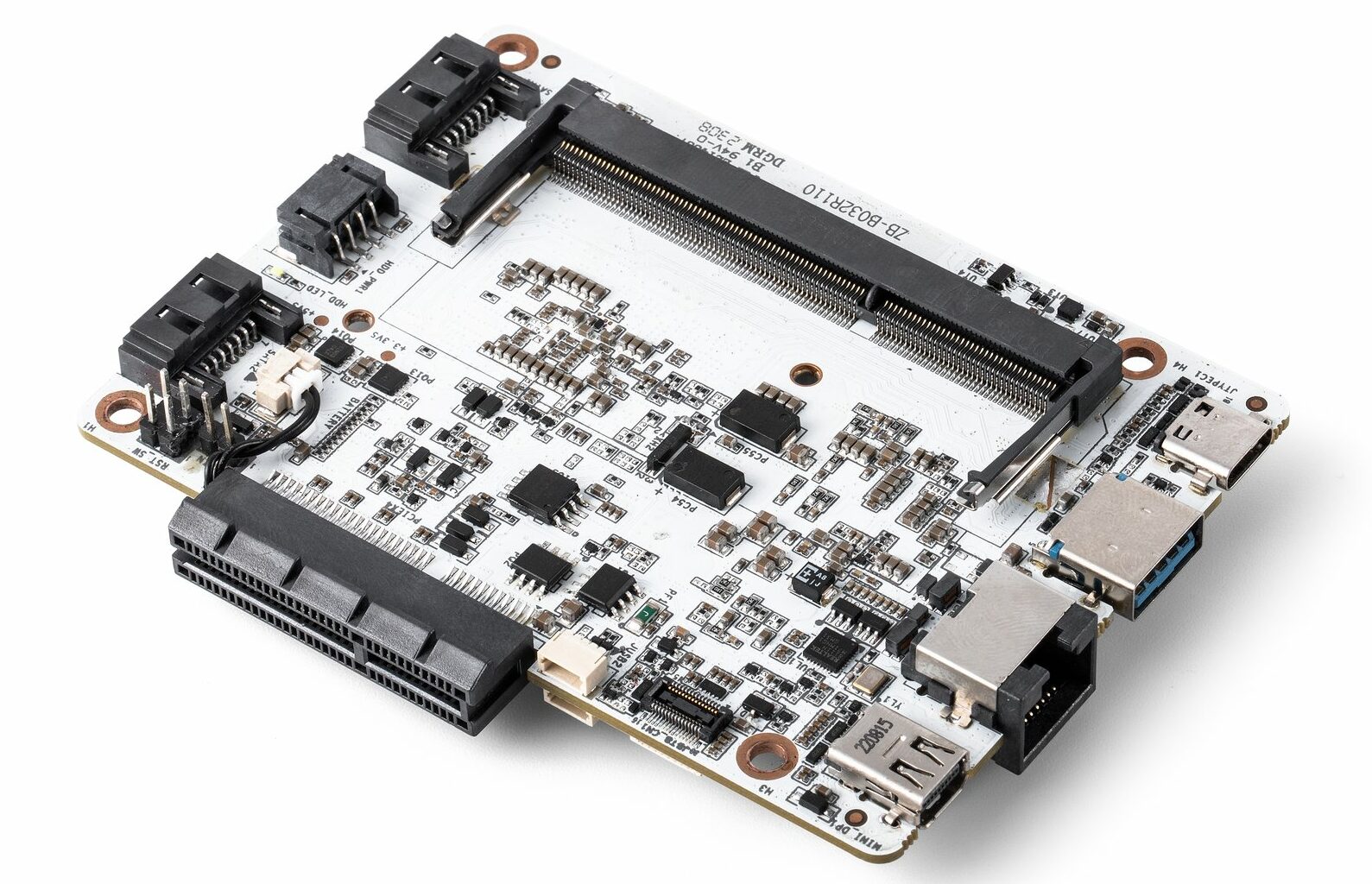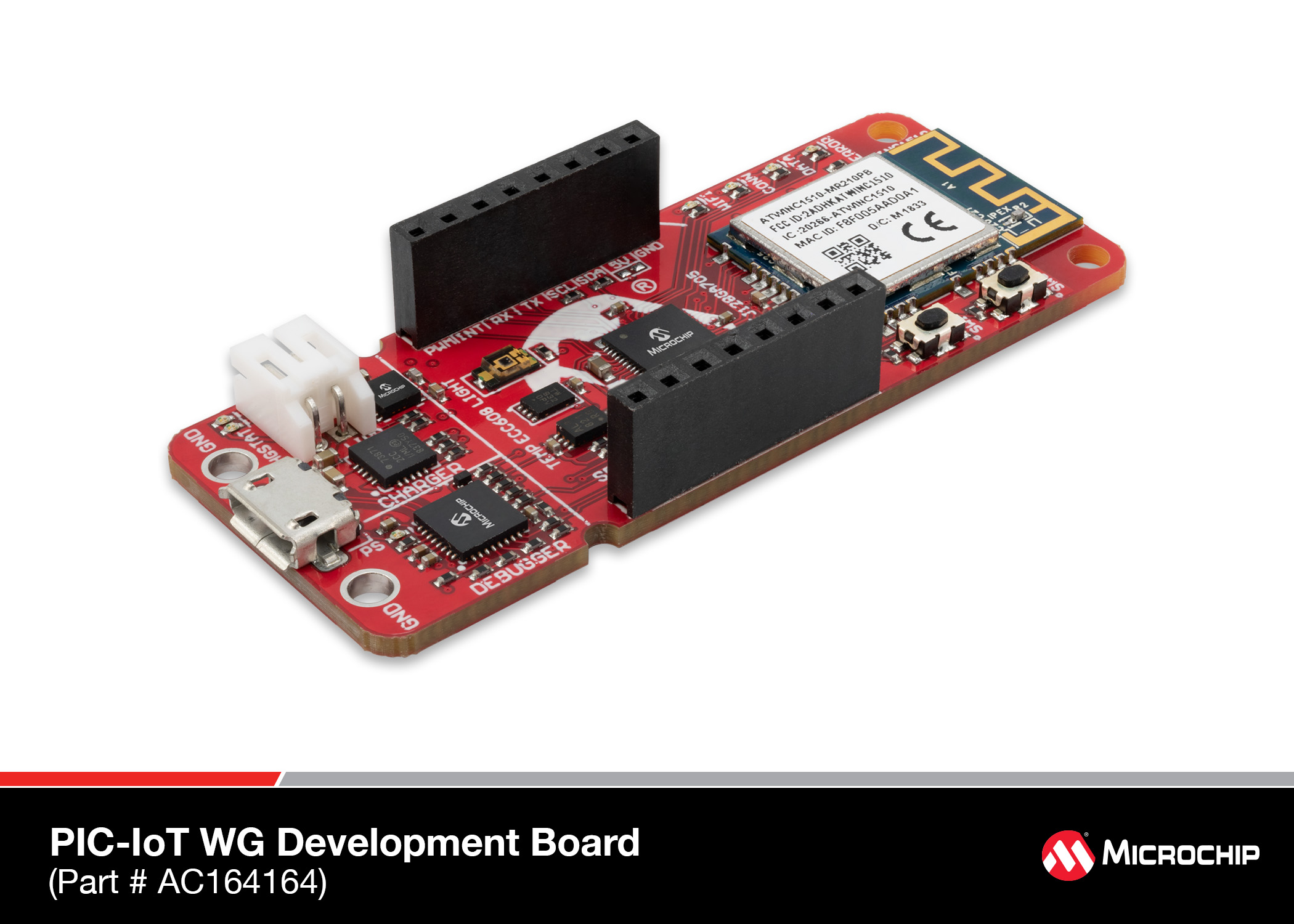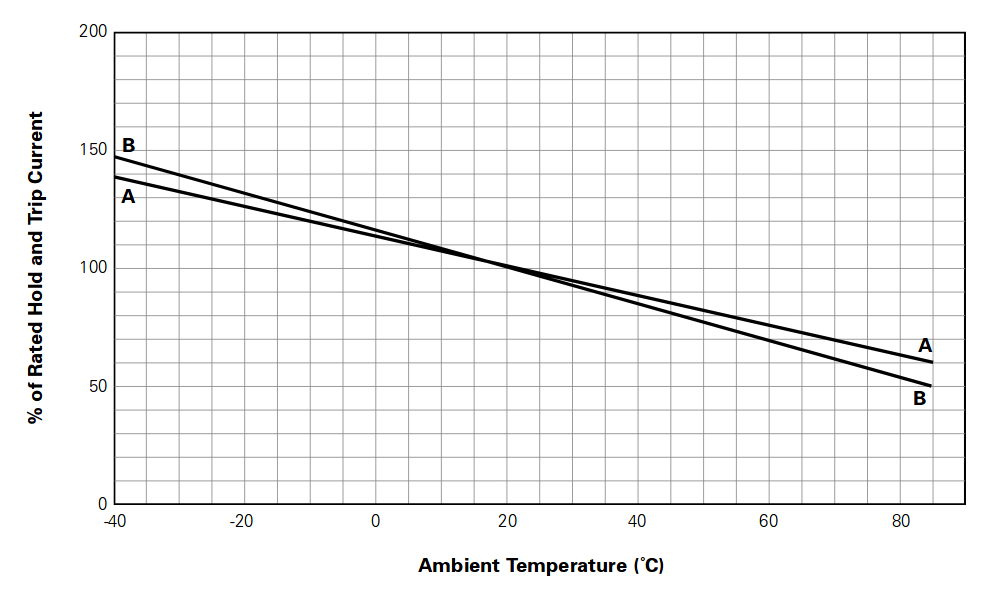
Espressif released the ESP-SR speech recognition library to support various ESP32 modules
Espressif has released the ESP-SR speech recognition framework that helps the developer to build AI speech applications based on the ESP32 or ESP32-S3 modules. The ESP-SR framework includes four modules– audio front-end (AFR), wake word engine (WakeNet), speech command word recognition (MultiNet), and speech synthesis (for the Chinese language).
- Audio Front-End: Espressif’s audio front-end algorithms are designed to enhance the accuracy and robustness of voice recognition systems in noisy environments. They apply various digital signal processing techniques to the audio signal, such as noise suppression, acoustic echo cancellation, blind source separation, and voice activity detection.
Espressif’s AEC algorithm supports up to two microphones, meaning it can effectively remove the echo from the microphone input signal for devices with two microphones. This can help improve the performance of speech recognition systems, as the removal of echo can result in cleaner and more accurate speech signals for processing. Espressif’s NS algorithm supports single-channel processing, which means it can suppress non-human noise in single-channel audio.
- Wake Word Engine: Espressif’s wake word engine, WakeNet, is a specialized software designed to provide users with a high-performance, low-memory footprint wake word detection algorithm. WakeNet has been specifically optimized for use with Espressif’s ESP32-S3 series of chips, providing developers with a reliable and efficient way to add wake word detection to their products.
Espressif has provided an official wake word detection model, including wake words such as “Hi, Lexin” and “Hi, ESP,” to the public for free. This enables developers to quickly and easily add wake word detection functionality to their products without creating their own model. However, Espressif also allows customized wake words, enabling developers to create unique ones to suit their specific product or application needs.
- Speech Command Recognition: Espressif’s speech command recognition model, MultiNet, is designed to provide a flexible off-line speech command recognition model. MultiNet enables developers to add custom speech commands to their products without the need to train the model from scratch, making the process much simpler and more efficient.
The flexibility of MultiNet allows developers to add their own custom speech commands to their products. This eliminates the need to train the model again, which can be time-consuming. Developers can simply add custom commands, and MultiNet will recognize and respond to them accordingly.














